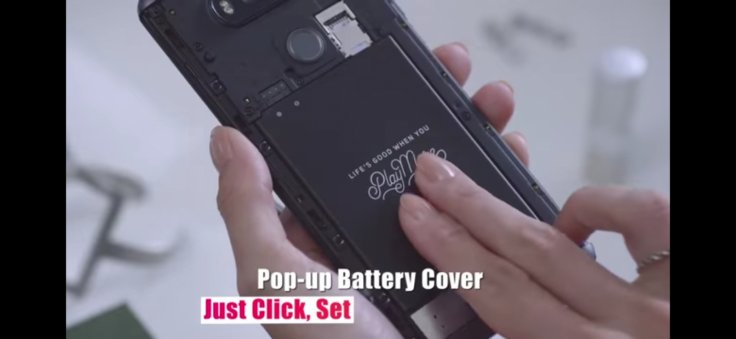User replaceable phone batteries were quite common back in the days. You could easily swap out a dead or degraded battery and replace it with a brand new cell on most phones from the yesteryears. But it's become quite hard to see this user-friendly 'novelty' on offer on any smartphone of today, save for some feature phones.
However, if you are one of us who misses the idea of a removable battery and are worried that your phone's non-removable battery would die out before the rest of the phone, you're in for some good news. A new law by the EU might force smartphone manufacturers to make their phone batteries completely user-replaceable once again.
User-replaceable batteries on future phones

According to Dutch financial newspaper Het Financieele Dagblad (FD), the European Union "wants to force electronics manufacturers to facilitate easier battery replacements."
This means all smartphone brands who wish to seek their devices in the EU would have to comply with the new regulations and make sure that their phones have a battery that can be removed by the user. The law applies to companies including Apple which has been reluctant to abide by the recent law by the EU requiring smartphone makers including Apple to shift to a single charging standard in a bid to cut down on e-waste.
Sustainability and e-waste
The leaked EU proposal procured by FD also suggests that sustainability could be the core idea behind the proposal to bring removable batteries. Easier battery replacements should allow consumers to use their smartphones for longer durations, therefore generating lesser e-waste.
According to XDA Developers, the leaked draft reveals that Frans Timmermans, vice-president of the 'Green Deal' at the European Commission will be presenting the proposal sometime in mid-March, and the EU has reportedly started adding "finishing touches" to the proposal. And while the EU can only enforce the law in the countries that come under it, the European market is so huge that the regulation might have an impact in other countries of the world too.
Good news for the consumer, not so much for manufacturers
Apart from helping in cutting down on e-waste and allowing consumers to use their phones for a longer time, designing smartphones with replaceable batteries would also prove to be more cost-effective to manufacturers such as Apple, Samsung, and Huawei, which should end up making them a little more affordable too. But the prospect also means that it could impact smartphone sales as people stick to their phones longer and wouldn't buy a new one quite as often as they do now.
Nevertheless, the information comes for a proposal that is still not confirmed, in fact, it's still not out in the public yet, and the fact that the EU is adding some finishing touched means some more changes could be made before it comes into force, so it's still too early to jump to conclusions.
Will brands comply?
It is also hard to fathom whether companies like Apple or Samsung would forgo the slimmer designs and water-resistance that the non-removable battery clad unibody chassis of present smartphones seem to offer. Case in point, Apple is still showing resistance to the EU single charger law, so it is possible that companies could try to find another more feasible option.
Furthermore, the rumour also suggests that the proposal could be brought into force in mid-March which would it impossible for any phone designed this year to incorporate a removable battery. The fact that legislations are generally slow to come into action, also suggests that it won't be implemented until at least 2022, so it's unlikely that we'll get to see a replaceable battery in the iPhone 13 or the Galaxy S21.
So, it looks the chances of the good old days where you can simply swap out the dead battery and stick a back up and you're ready to go, coming back are still bleak at least for a couple more years but there's still hope.









